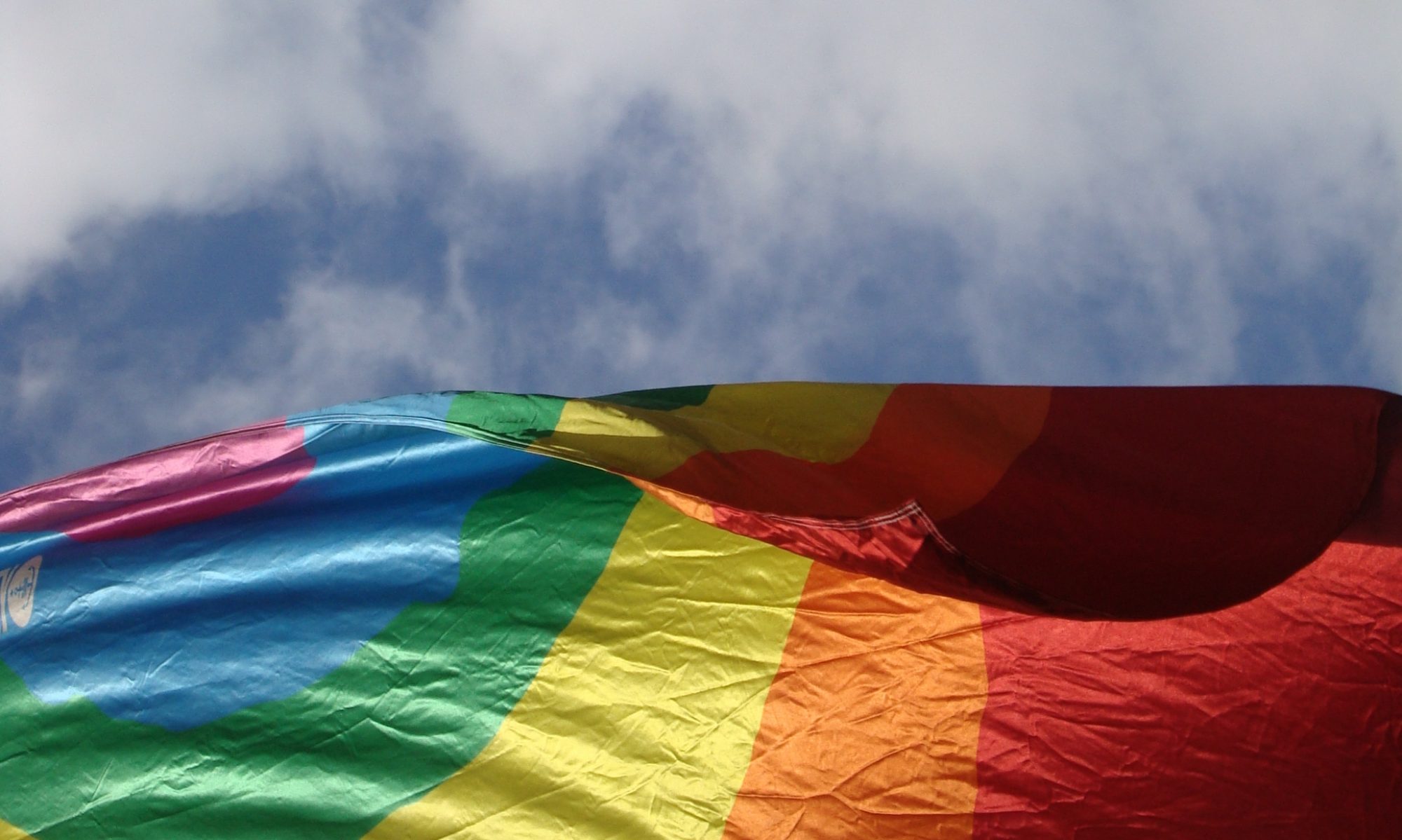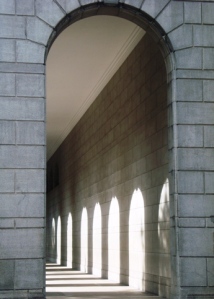Oogachaga has produced a short film called “I Know”, which features Daniel and his attempt to come out to his mum, with the help of his partner, Sean. Watch the film to see how it works out for them.
Oogachaga believes that the coming out process can be a subtle one, and support is available.
Read the Fridae article here.


